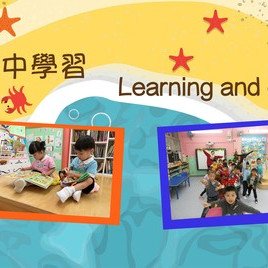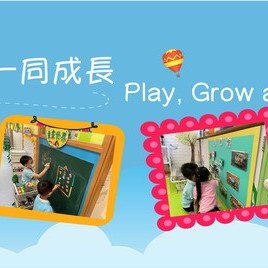Tips for Parents

Learning to Stand Up After Falling Down: Strategies for Developing Resilience in Children
Resilience is an indispensable psychological quality in the growth of children, encompassing both confidence in their own abilities and the capacity to manage emotions and impulses. The age range of 3 to 6 years is a critical period for the gradual formation of personality and values. If parents can guide their children through everyday life experiences, it will help them develop stronger coping skills when facing future challenges in learning, relationships, and daily life.
- Allow children to experience failure and learn from their mistakes
Failure is an opportunity for growth. Parents should adopt an open attitude, allowing children to try and make mistakes in a safe environment, while guiding them to reflect and improve. For example, when a child’s building blocks keep falling down, they can be guided in the following ways:
- Encourage observation: “Can you see which layer has collapsed?”
- Analyse the reason: “Is it because the bottom is not sturdy enough?”
- Inspire a solution: “Next time, why not try placing the larger pieces at the bottom?”
- Assist children in recognising and expressing emotions
Emotional management is at the core of resilience. When children can understand and express their emotions, they are better equipped to regulate their psychological states. Parents can help children identify different emotions such as “angry”, “sad”, and “disappointed” through picture books, stories, or role-playing.
When a child is emotionally upset, parents can acknowledge and respond, for example, “Are you feeling angry because you can’t build the blocks properly?” This helps children master the language of emotions and gradually develop self-regulation skills.
- Provide moderate challenges to cultivate self-confidence and perseverance
Tasks that are too simple can easily lose a child’s interest, while those that are too difficult may cause frustration. Parents should design “just right” challenges based on their child’s abilities, such as packing his or her own bag for going out, tidying up toys, or helping to clear the dining table. After completion, parents should give specific praise to acknowledge the child’s effort, such as, “You packed your own bag for going out today, that was really smart!” or “Although the blocks fell this time, you tried three times—you are really patient.” Such positive feedback enhances self-confidence and encourages perseverance in the face of difficulties.
- Build a sense of security so children dare to try
Cultivating resilience requires an environment of safety and acceptance. When children encounter setbacks, parents should not rush to intervene but should first provide emotional support, “I know you are upset right now, and I am here with you.” This helps children understand that regardless of success or failure, parents will accept and support them. That sense of security forms the foundation for them to bravely face the world.
Cultivating resilience does not mean asking children to “be strong and not cry”. Instead, it is about teaching them to face difficulties, regulate emotions, and start again. As long as parents are willing to let go, accompany, and guide, children will naturally build this important ability in their lives. Starting today, why not encourage your child to bravely try and face challenges? Even if they fail, it’s okay—because that is the first step towards a resilient life.


